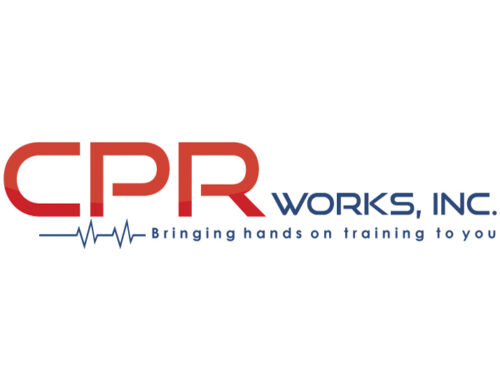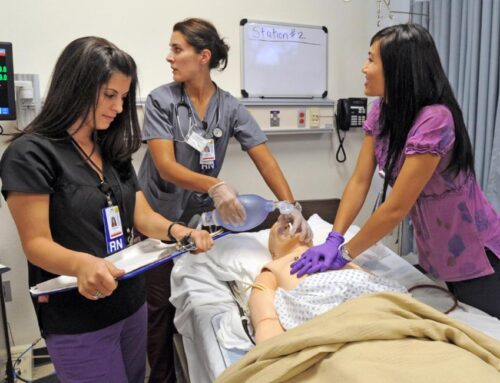Can AI-powered voice assistants provide better CPR guidance in emergencies? We explore thin in our article.
A new study published in JAMA Network Open compared the abilities of four voice assistants (VAs) to perform precision cardiopulmonary resuscitation (CPR). Additionally, the study sought to demonstrate a large-scale linguistic model (LLM) using artificial intelligence to provide guidance to ordinary people in resuscitation.
Although CPR training is common, most out-of-hospital heart attacks are committed by members of the public. Involving bystanders in the resuscitation process significantly increases the chances of survival. With the proliferation of artificial intelligence voice assistants, it has become possible for these devices to provide voice CPR instructions in emergency situations, overcome barriers such as language barriers, and reach emergency care.
Details:
Studies evaluated AI-based voice assistants and LLM models for their ability to provide CPR guidance to laypeople. The researchers conducted tests on four different VAs by asking eight verbal questions. They also tested an AI-based Masters tool. Doctors trained in emergency medicine evaluated the quality of the response, including resuscitation techniques, chest compressions, assistance with breathing difficulties and assistance to people without diarrhea.
Results:
Of the responses, 59% were CPR-related, while 28% requested assistance with rescue efforts. ChatGPT in particular has shown a high rate of CPR instructions, albeit limited to text messages. The Master’s tool provided resuscitation-related information for all cases and written instructions for three-quarters of the cases. However, the results revealed shortcomings.
Voice assistants such as Amazon Alexa, Apple Siri, Google Assistant and Microsoft Cortana have demonstrated various functions. Alexa and Google Assistant gave verbal CPR instructions, while Siri provided CPR-related responses and Cortana gave multiple CPR instructions. ChatGPT outperformed the VA in providing CPR-related responses, instructions, and emergency response requests.
Description:
Research shows that nearly 70% of voice assistant responses are not CPR-related, meaning there may be delays or inadequate guidance for victims seeking CPR assistance. He emphasizes the importance of prioritizing direct communication with emergency services in emergencies rather than relying solely on voice assistance.
Future research should explore ways to help voice CPR assistants integrate CPR instructions into their core tasks, identify common phrases to guide CPR, and integrate content across all digital tools. Collaborations between technology, professional organizations, and the healthcare community can integrate CPR training through voice-enabled websites.
You can see our schedule here: https://
- Charlotte
- Rock Hill
- Gastonia
- Concord
- Cornelius
- Monroe
- Harrisburg
- Matthews
- Mint Hill
- Fort Mill
- Indian Land
- Kannapolis
- Belmont
- Wilmington
- Jacksonville
- Shallotte
- Carolina Beach
- Surf City
- Hampstead
- Sneads Ferry
- Leland
- Southport
- Greensboro
- High Point
- Hickory
- Columbia
- Florence
- Myrtle Beach
- North Myrtle Beach
- Surfside Beach
- Murrells Inlet
- Conway
- Ocean Isle Beach





Leave A Comment